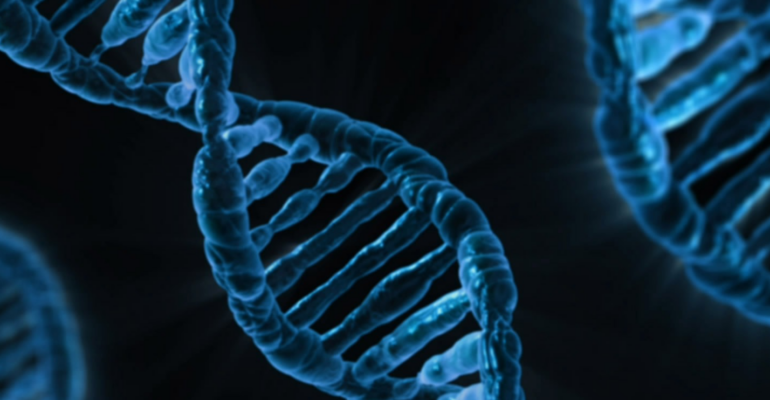 On July 26, 2024, Genzyme Corp. (a wholly owned subsidiary of Sanofi) filed suit in the District Court for the District of Delaware against Sarepta Therapeutics, Inc., and Sarepta Therapeutics Three, LLC (collectively, “Sarepta”). Genzyme alleges that Sarepta’s manufacture and sale of Elevidys® (delandistrogene moxeparvovec-rokl)—a gene therapy treatment for Duchenne muscular dystrophy—infringes U.S. Patent Nos. 9,051,542 and 7,704,721.
On July 26, 2024, Genzyme Corp. (a wholly owned subsidiary of Sanofi) filed suit in the District Court for the District of Delaware against Sarepta Therapeutics, Inc., and Sarepta Therapeutics Three, LLC (collectively, “Sarepta”). Genzyme alleges that Sarepta’s manufacture and sale of Elevidys® (delandistrogene moxeparvovec-rokl)—a gene therapy treatment for Duchenne muscular dystrophy—infringes U.S. Patent Nos. 9,051,542 and 7,704,721.
According to the complaint, “certain diseases are caused by missing or defective genes, resulting in the inability of the body to produce key proteins.” A gene therapy “attack[s] the problem at the source—the patient’s own genome—by providing a working copy of a defective or missing gene with what is referred to as a transgene. . . . By removing part of the native viral DNA and substituting the DNA of the desired human transgene, a recombinant virus can be created that can enter cells and then deliver a desired human gene into a cell.” Genzyme alleges that, “[a]t the time of the inventions of the ’542 Patent and the ’721 Patent, it was known that in the right circumstances a modified adeno-associated virus (‘AAV’) could be used to achieve the delivery of the transgene.” These genetically engineered versions of the AAV are known as recombinant AAV (“rAAV”) vectors.
According to Genzyme, the manufacture of rAAV vectors was plagued with a “major concern during production . . . that the rAAV vector particles will become insoluble and aggregate into clusters of viral particles, which can result in production difficulties and loss of vector functionality.” Genzyme alleges that its inventors solved the problem of aggregation when they “discovered that the use of certain high ionic strength solutions for preparing and storing rAAV vectors can prevent significant aggregation of virus particles at the concentrations needed for effective gene therapy.”
The ’542 patent claims are directed to compositions “for the storage of purified, recombinant adeno-associated virus (AAV) vector particles . . . wherein the purified AAV vector particles are stored in the composition without significant aggregation.” The ’721 patent claims are directed to a “method of preventing aggregation of recombinant adeno-associated virus (rAAV) virions in a purified preparation of rAAV virions.”
Genzyme alleges that Sarepta directly infringes the ’542 patent by manufacturing, selling, offering for sale, and using the patented compositions in Elevidys®. Genzyme also alleges that Sarepta infringes the ’542 patent “by contracting with Catalent to manufacture Elevidys® under the direction and under the control of Sarepta, and/or by forming a joint enterprise with manufacturers including Catalent for the manufacture of Elevidys®.” Catalent was not named as a defendant in the suit. Genzyme further alleges that Sarepta indirectly infringes the ’542 patent by actively inducing infringement “by providing the infringing product to third parties along with a label providing instructions for use with patients” and by contributing to infringement “by supplying components of the claimed compositions, such as the provision of engineered rAAV particles for formulation into finished drug product.”
Genzyme alleges that Sarepta directly infringes the ’721 patent by using the claimed methods in the manufacture of Elevidys®, and that Sarepta infringes by contracting with Catalent to manufacture Elevidys® under the direction and control of Sarepta and/or by forming a join enterprise with Catalent. Further, Genzyme alleges that Sarepta indirectly infringes the ’721 patent by actively inducing Catalent to infringe and by supplying materials to Catalent to manufacture Elevidys® according to the patented method.
Genzyme requests that the Court enter judgments that Sarepta has infringed the patents-in-suit and that such infringement is deliberate and willful. Genzyme seeks compensatory damages for Sarepta’s infringement, including treble damages under 35 U.S.C. § 284. Finally, Genzyme asks the court to find that this case is “exceptional” and award Genzyme its reasonable attorneys’ fees, costs, and expenses under 35 U.S.C. § 285. The case (1-24-cv-00882) has been assigned to Judge Andrews.
Stay tuned to Big Molecule Watch for more coverage of this and other gene therapy litigations!

